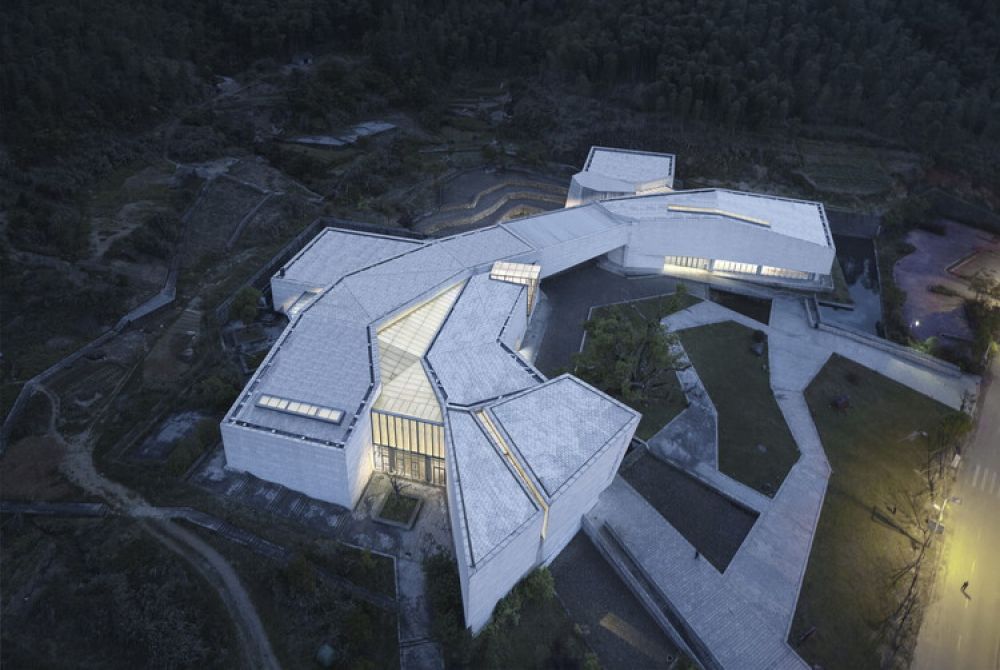

Located in the historic city of Al Mukalla, the capital of Hadhramaut Governorate in Yemen, the Geological Museum of Al Mukalla offers a unique window into the natural history and geological diversity of the region. Al Mukalla has long been known for its strategic seaport and as a center of commerce and trade. However, in recent years the city has also begun to develop its tourism sector, incorporating its rich cultural heritage and natural attractions as key elements.
Al Mukalla's history as a tourist destination is relatively young compared to its long-standing mercantile traditions. The city served primarily as a fishing harbor and trading port but began to see a gradual increase in tourism in the late 20th century. Visitors were initially drawn to the region's historical sites, such as the Sultan's Palace and the Al-Ghwayzi Fort, as well as its beautiful coastline.
However, the onset of political instability and security concerns in Yemen significantly affected the flow of international tourists to the area. Despite these challenges, Al Mukalla has continued to foster local and regional tourism, particularly highlighting its unique geological features and the museum as a key attraction.
The Geological Museum itself is a treasure trove of minerals, rocks, and fossils that tell the story of Earth's history, particularly as it pertains to the Arabian Peninsula. The specimens within its walls provide insight not only into the geological past but also into the potential natural resources and the environmental conditions of the region. The museum aims to educate visitors and locals alike, serving as a resource for schools, universities, and researchers.
In recent years, there has been a growing interest in geo-tourism, a trend that revolves around tourism that sustains or enhances the geographical character of a place—its environment, culture, aesthetics, heritage, and well-being of its residents. Geo-tourism is part of a broader trend toward responsible and educational travel. Al Mukalla, with its geological museum and stunning natural features, falls well within the scope of this trend.
Another trend is the rise in virtual tourism, spurred on by global travel restrictions. Many destinations, including museums and heritage sites, have started to offer virtual tours to cater to international audiences still interested in exploring new cultures and environments from afar. This trend may represent an opportunity for the Geological Museum of Al Mukalla to reach a wider audience, sharing the geological wonders of Yemen with the world digitally.
For travelers interested in visiting the Geological Museum of Al Mukalla, they can look forward to an educational experience that delves deep into geology and paleontology. The museum is a must-see for anyone interested in the natural sciences or for those looking to get an overview of the region's geological significance. With the emergence of new trends in sustainable and educational tourism, coupled with possibilities of virtual experiences, the Geological Museum of Al Mukalla continues to be a beacon of knowledge and intrigue in the heart of Yemen.